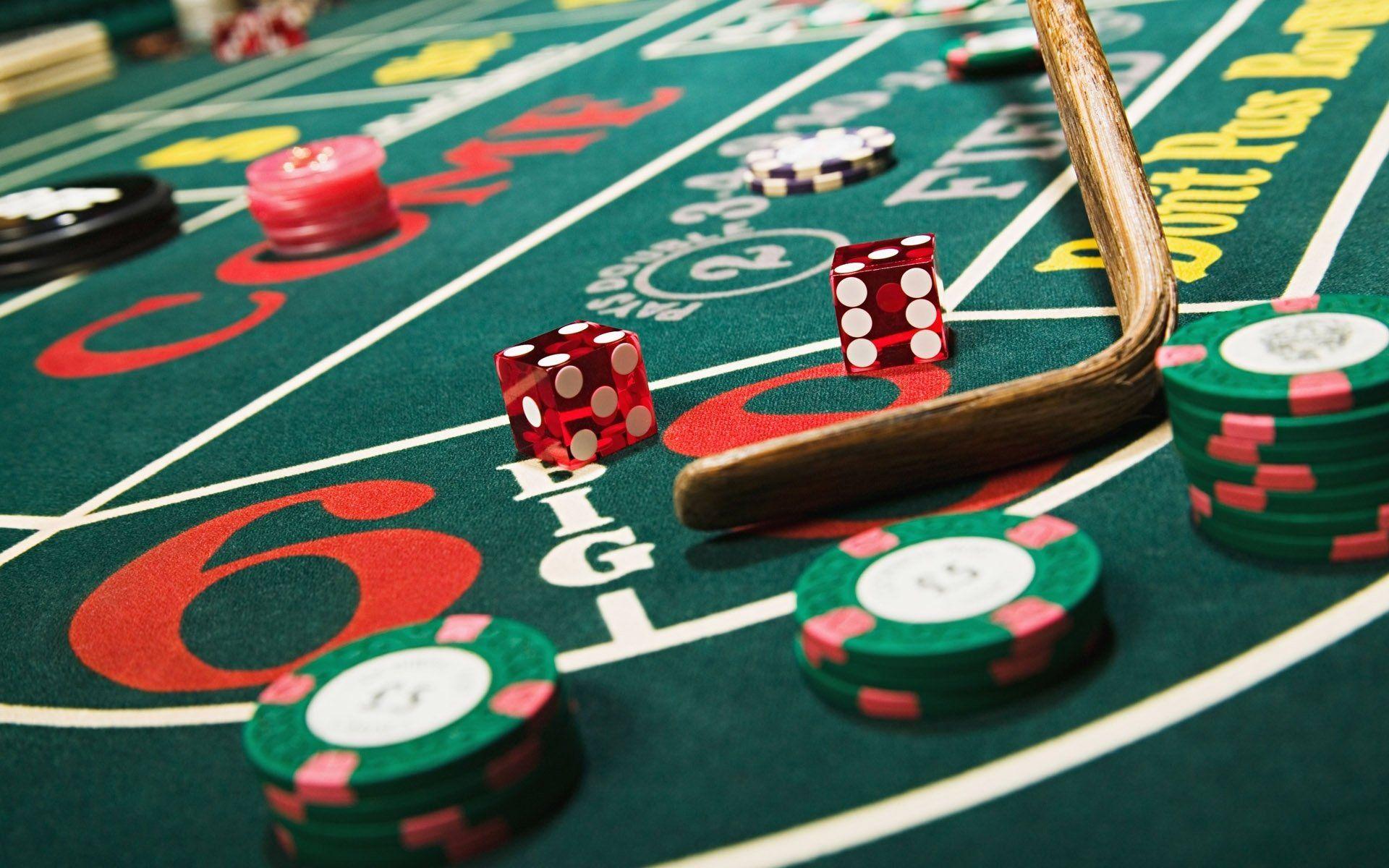
Casino entertainment have long been a fascinating form of entertainment, drawing numerous of players from diverse cultures around the globe. non Gamstop sites From the lively casinos of Las Vegas to the thriving gambling halls of Macau, these games serve as a common thread that connects people across a variety of backgrounds. The allure of luck, tactics, and uncertainty entices not only those hoping to strike it rich but also those looking for a sense of community.
The significance of casino games extends significantly past the gaming floor. They often represent the cultural standards and principles of the cultures in which they prosper. Games such as Texas hold ’em, pontoon, and the wheel game have woven themselves into the fabric of popular culture, influencing various aspects from movies to style. As we explore this captivating intersection of luck and culture, we can better understand how gambling games shape and are affected by the surrounding world.
Historical Evolution of Gaming Activities
The roots of casino activities can be followed back to old civilizations, where gambling in multiple forms was widely practiced. In China, around two thousand three hundred years before Christ, a form of gambling known as Keno was well-known, while in ancient Rome, soldiers would frequently bet on the consequences of their matches. The notion of using randomness for amusement and income evolved over the years, leading to the creation of more structured games. By the end of the Middle Ages, gambling houses started to emerge in the continent, particularly in Italy, which presented early versions of well-liked activities still played today.
As betting expanded popularity in the continent, the 17th and 18th centuries saw the emergence of casinos as specialized locations for gambling. The initial official gambling house, the Ridotto, was established in the Venetian city in 1638, providing games like the game of Baccarat and Faro. This time marked a crucial pivoting point, as gaming venues commenced to draw not just the elite but also the burgeoning middle-tier society. The complexity of games evolved, leading to the development of new regulations and versions that improved the play experience.
In the 19th century, the era of industrialization and shifts in societal conventions also changed the environment of casino activities. The launch of the game of roulette and modern gaming machines attracted a more diverse clientele, and gambling establishments became seen as legitimate forms of recreation. This time witnessed the globalization of casino activities, as gambling houses expanded from the continent to the Americas, culminating in the establishment of the famous Las Vegas Strip in the twentieth century. The development of gaming games has progressed into the present day, including technology and digital services, allowing them available to a worldwide population.
### Cultural Importance in Diverse Societies
Casino activities have deep-rooted social importance across a multitude of societies throughout the world. In Las Vegas, the very core of the urban landscape is woven around gambling establishments, where playing is not just a recreational activity but a central aspect of leisure and social interaction. The dazzling lights and dynamic atmosphere attract countless individuals, showcasing how gambling activities can shape local economical structures and local cultures. This setting transforms the notion of relaxation into an immersive event that affects apparel, sound, and even film.
On the other hand, some societies view wagering with greater care, considering it through the lens of ethical considerations and heritage. For instance, in numerous Asian cultures, games like Mahjong and Pai Gow Gambling are rich with history and possess significant social relevance. These games are often played during meetings and celebrations, fostering collective connections and reinforcing family ties. The act of playing these games goes above mere amusement, reflecting ethics such as deference to seniors and the significance of shared enjoyment.
Simultaneously, in European countries such as the principality of Monaco and Italy, casino games serve as symbols of luxury and refinement. The stylish atmosphere of these locations attracts both visitors and residents, maintaining a sense of distinction and rarity. The art of the game of poker and the strategic elements of games like banker’s game are celebrated, shaping community relationships and creating an allure that enthralls a varied audience. This highlights how games of chance can simultaneously echo and shape cultural attitudes towards hazard, gain, and relationship building.
Economic Impact and Travel Industry
Gambling activities play a significant role in the economic landscape of many regions, particularly those that depend significantly on visitor traffic. The revenue generated from casino operations fuels local financial systems, creating employment opportunities not only within the casinos themselves but also in connected industries such as hotel management, restaurant services, and recreation. This surge of tourists, drawn by the attraction of games and the overall gaming environment, stimulates spending across multiple businesses, contributing to the economic health of the region.
The presence of casinos often leads to the development of facilities, including hotels, transportation systems, and recreational facilities. These developments are essential in enhancing the overall tourist experience, making locations more attractive to tourists. Additionally, many casinos contribute in local communities through support of events and philanthropic activities, further embedding themselves into the community structure of the locality. Such contribution not only supports economic growth but also cultivates a positive reputation of the gambling sector.
Moreover, the worldwide appeal of casino games drives tourism competition, with locations vying to attract players from around the world. Iconic destinations like Las Vegas and Macau have become identifiable with casino culture, drawing millions annually. This competitive edge encourages innovation and variety within the gambling sector, influencing developments in leisure and hospitality that extend beyond their borders. The ripple effects of this tourism extend wide, impacting local economies and cultural exchanges on a worldwide scale.